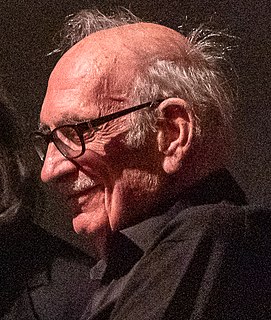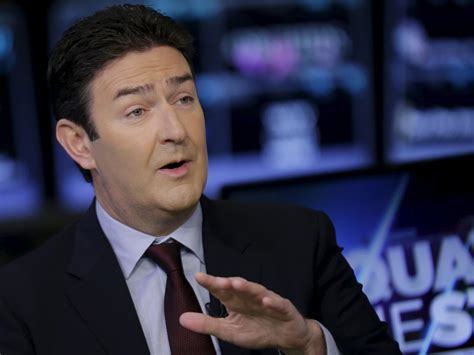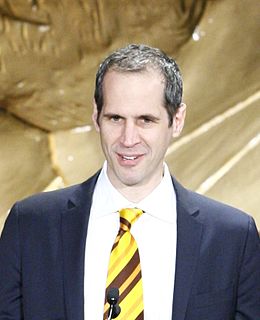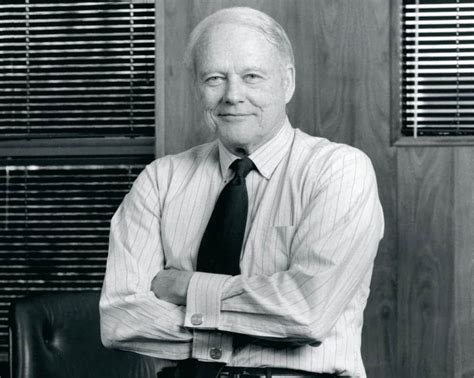Цитата Эндрю Кина
История Интернета до сих пор говорит о том, что мы очень заинтересованы в том, чтобы придумать способы сделать мир богаче и интереснее, чем позволяют ограниченные ресурсы традиционных медиа.
Связанные цитаты
В состязании между новыми технологиями и старым образом жизни выстоят традиционные ритмы. Традиционные общества составляют более двух третей мира, две трети которых не будут выходить в интернет, чтобы «сэкономить» время, но останутся преданными знанию, что если автобус не приедет в этот день, то когда-нибудь он приедет. . Ведь нет ничего, кроме времени.
Правда в том, что мы всегда очень мотивированы, когда что-то очень много значит для нас. Если бы я упал в глубокое озеро и не умел плавать, я бы моментально стал очень мотивированным. Восхождение с озера значило бы для меня больше, чем что-либо еще в мире. Мои усилия были бы не менее чем поразительны, и я внезапно стал бы одним из самых возбужденных и полных энтузиазма людей, которых только можно себе представить.
Загрузка и Web 2.0, как известно, привели к новым способам доступа к культуре. Но они, как правило, паразитируют на старых медиа. Закон Web 2.0 заключается в том, что все возвращается, будь то реклама, информационные фильмы или давно забытые телесериалы: история происходит сначала в виде трагедии, а затем в виде YouTube.
Автобусные остановки — гораздо более интересные и полезные места для творчества, чем музеи. Граффити имеет больше шансов что-то значить или что-то изменить, чем что-либо в помещении. Граффити использовали для начала революций, прекращения войн и, как правило, это голос людей, к которым не прислушиваются. Граффити — один из тех немногих инструментов, которые у вас есть, если у вас почти ничего нет. И даже если вы не придумаете картинку, чтобы вылечить мировую бедность, вы можете заставить кого-нибудь улыбаться, пока они мочатся.
Когда вы закрываете вкладку или заканчиваете статью в Интернете, она исчезает, если только вы не вернетесь к своей истории, не выполните поиск или явно не попытаетесь найти ее. Приложения на вашем телефоне обладают особым свойством: они зависают. В некотором смысле они больше похожи на книгу на книжной полке, чем на веб-страницы.
В традиционных условиях авторов средств массовой информации меньше. Это бит, который многие устаревшие бренды не могут себе позволить. С другой стороны, писатели о технологиях пишут о медиа так, как не делали раньше. В результате сдвига во многих отношениях снижается интерес к деятельности некоторых СМИ. Если вы посмотрите на освещение в СМИ в целом, то принятие решений в трех вещательных сетях и кабельных каналах, например, будет уделяться гораздо меньше внимания, чем раньше. То, что происходит на Fox, CNN или MSNBC, вероятно, оказывает меньшее влияние, чем когда-то. Это, конечно, привлекает меньше внимания.
Когда мы смотрим на некоторые из величайших творческих идей, которые мы придумали, они возникли буквально со всех уголков мира и также пересекались со всеми различными типами средств массовой информации. Таким образом, хотя традиционное телевидение, которое, безусловно, является очень привлекательным средством массовой информации, все еще существует, оно также является кибернетическим, мобильным, открытым.






































